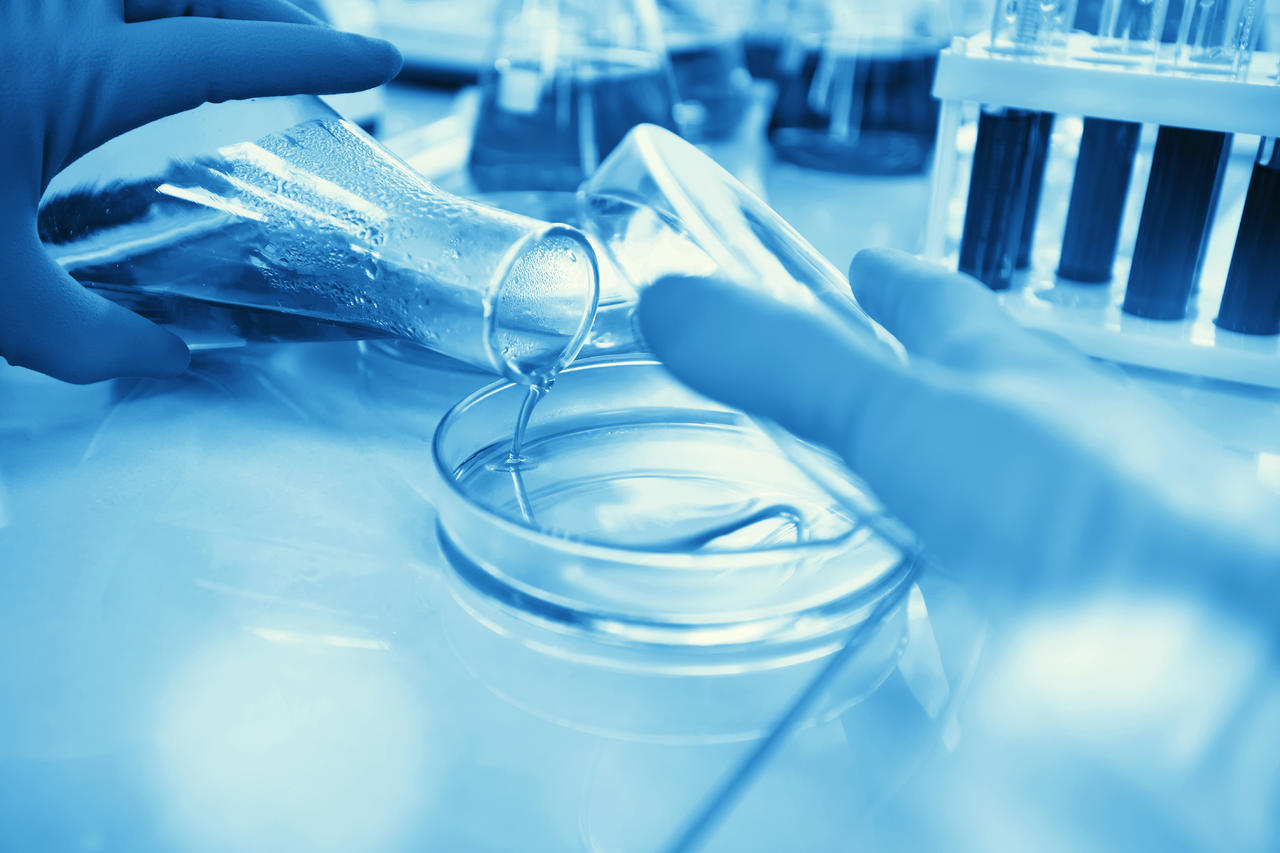Properties of Epoxy Resins
Mar 19, 2024
1. Indicators of epoxy groups
This is the most important characteristic index of epoxy resin, which is used to indicate the content of epoxy group in the resin molecule, and there are three main ways of expression, including epoxy value, epoxy index and epoxy equivalent.
Epoxy value is defined as the amount of epoxy groups(mol) per 100g of epoxy resin,unit is mol/100g. The definition of the epoxy value is mainly for the purpose of calculating the amount of curing agent to be added to the epoxy resin for curing. The amount of curing agent is the mass of curing agent to be added per 100g of epoxy resin cured.
Epoxy index is the amount of epoxy groups(mol) per 1kg of epoxy resin, the unit is mol/kg. In terms of the International System of Measurement (SI units), the epoxy index is more appropriate than the epoxy value, which is 10 times larger than the epoxy value.
Epoxy equivalent is the mass (g) of an epoxy resin containing 1 mol of epoxy groups ,the unit is g/mol. The chain segments between the epoxy groups become longer and longer as the molecular weight of the epoxy resin increases, so the epoxy equivalent of epoxy resins with a high relative molecular mass is also elevated. The physical quantity of epoxy equivalent is usually used to describe the epoxy group of epoxy resin in the United States, Japan and Europe.
2. Hydroxyl content
Bisphenol A-type epoxy resin molecular chain contains a large number of secondary hydroxyl structure, the larger the polymerization degree n value, its molecular weight is also larger, the higher the hydroxyl content. It can cross-link with phenolic resins, amino resins or Poly isocyanates, and it can promote the curing reaction. Therefore, when controlling the curing process of epoxy resin paint, the hydroxyl content of epoxy resin must be determined. There are two most used methods to express the hydroxyl content.
The hydroxyl value F is the amount of hydroxyl contained in 100g of epoxy resin, the unit is mol/100g. And the hydroxyl equivalent H is the mass(g)of epoxy resin containing 1mol of hydroxyl, the unit is g/mol.
3. Softening point
Epoxy resin is a mixture of homologous prepolymers with different degrees of polymerization and has no fixed melting point or melting process. The softening point generally refers to the temperature at which the epoxy resin turns from hard to soft and shows a certain fluidity in the process of heating. The softening point of epoxy resin can characterize the average molecular weight size and distribution of the resin, the molecular weight of the high softening point is large, and the molecular weight of the low softening point is small. Epoxy resins can be broadly classified according to the softening point into three types.
Type
Softening point
Degree of polymerisation
Low molecular weight epoxy resin
<50°C
<2
Medium molecular weight epoxy resin
50~95°C
2~5
High molecular weight epoxy resin
>100°C
>5
4. Viscosity
The viscosity of epoxy resins affects the fluidity and workability of resins and coatings. Viscosity increases as the average molecular weight of the epoxy resin increases and decreases as the molecular weight distribution decreases. The viscosity of epoxy resins is extremely sensitive to temperature and decreases rapidly with increasing temperature, so it is generally expressed as the viscosity at a specific temperature.
5. Chlorine value
The amount of chlorine contained in an epoxy resin (including organic chlorine and inorganic chlorine) is called the chlorine value. The chlorine in the epoxy resin is divided into organic chlorine and inorganic chlorine by the form of its existence. Organic chlorine comes from the residue of insufficient ring closure in the manufacture of the epoxy resin, which is called easily hydrolysable chlorine. Inorganic chlorine comes from the residual sodium chloride that is not washed sufficiently when manufacturing epoxy resins. Organic chlorine measures the resin reaction, and inorganic chlorine measures the level of post-production treatment processes for epoxy resins. Both are detrimental to the electrical properties of the cured substance and to corrosion resistance.
Read More


